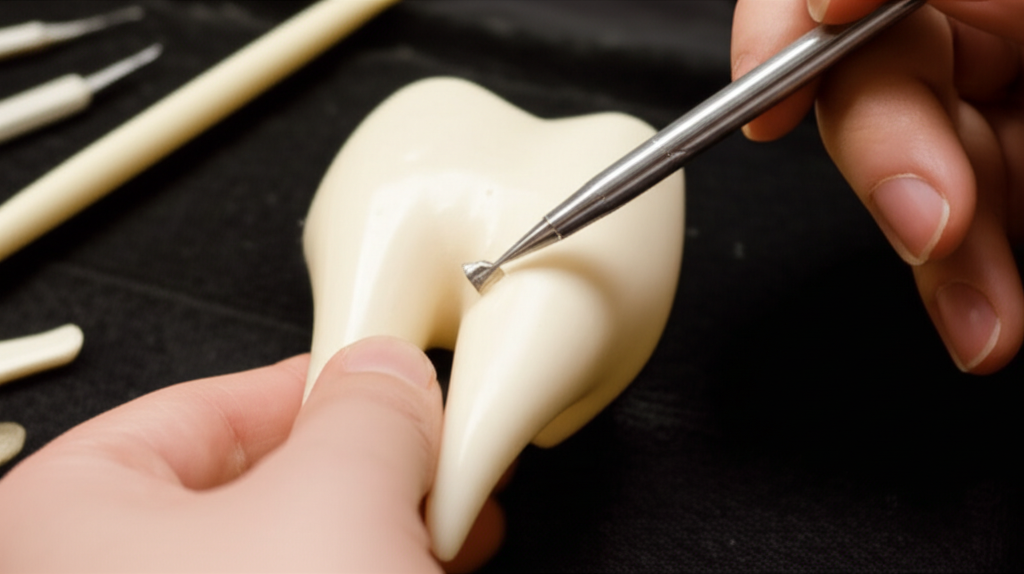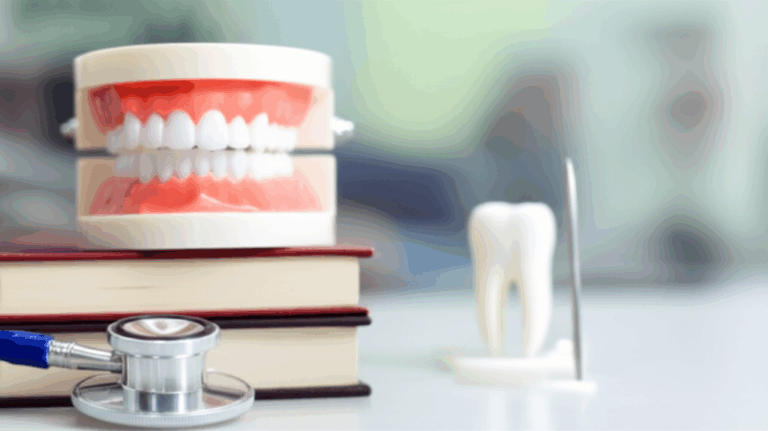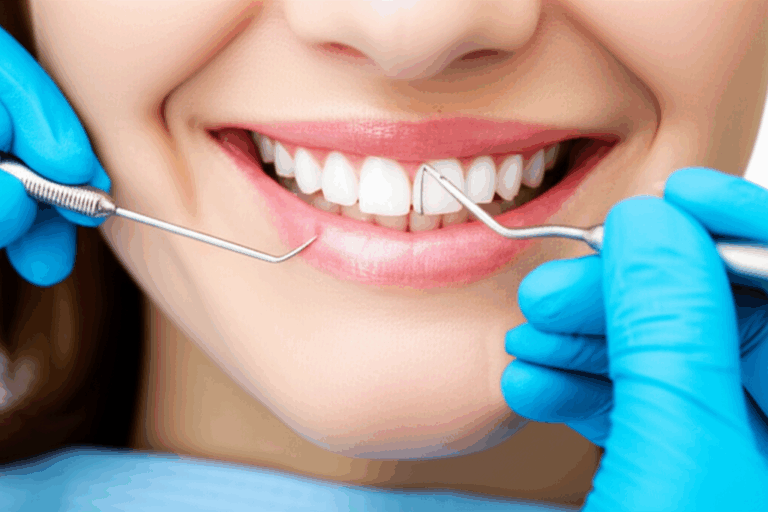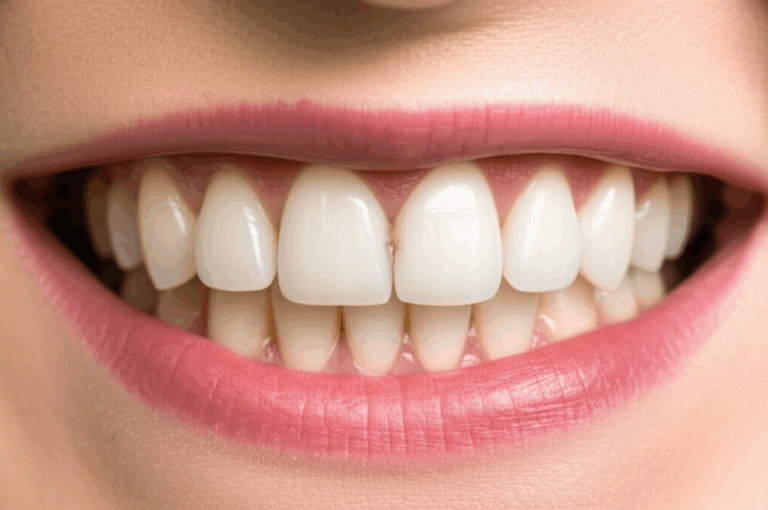
How to Become a Dentist Without a Degree: Myth, Reality, and Your Next Steps
Ever thought about fixing someone’s smile or helping a friend with a tooth problem, but stopped because you don’t have a dental degree? Maybe you really want to help people take care of their teeth. Or maybe you’re wondering if there’s another way in. You’re not alone—lots of people are curious about new paths these days.
Dental school takes years and can cost a lot. It makes sense to look for other choices.
But what’s true and what’s not? Can you be a real dentist without a degree? What jobs are there in dentistry for someone without one? Let’s find out the facts, clear up the gossip, and show some real options. That way, you can start your journey in dental care—even if you don’t end up as a dentist.
In This Article
Here’s what we’ll go over in simple words:
- Is Becoming a Dentist Without a Degree Possible?
- Why Are Dental Degrees Needed?
- What Dental-Related Jobs Don’t Need a DDS or DMD?
- Other Non-Clinical Dental Jobs
- The Role of Dental Technicians and Labs
- Real Stories: People Who Switched to Dental Jobs
- Pros, Cons, and How to Pick What’s Right for You
- Steps to Get Started
Is Becoming a Dentist Without a Degree Possible?
Let’s start with the big question—“Can I become a dentist without finishing dental school and getting a degree?”
It’s a fair question. We’ve all heard of people in tech, art, or cooking who made it without a regular path. So, what about dentistry?
Here’s the simple answer: In almost every country—including the United States, the UK, Canada, and Australia—you can’t legally work as a dentist if you don’t finish dental school and get a degree (like Doctor of Dental Surgery—DDS—or Doctor of Dental Medicine—DMD). To do tooth repairs, pull teeth, or diagnose, you need that degree, plus tough license tests.
Why? Because dental care is about your health, not just good-looking teeth. Mistakes, wrong choices, or sloppy work can cause big health problems. That’s why the training and tests are needed.
Don’t give up yet. If you love the idea of helping people with their teeth, there are lots of good jobs in dental care—even if “dentist” isn’t on your nametag.
Why Are Dental Degrees Needed?
Here’s the reason in plain talk.
Say you hired someone to build a bridge, and they only watched some YouTube videos. Would you want to drive over that bridge?
It’s the same for dental work. Dentists do way more than cleaning teeth. They find diseases, do surgeries, handle real emergencies, and sometimes spot problems like mouth cancer.
That’s why there are strict laws:
- Lots of School: Most take about eight years (college and then dental school).
- Real-World Training: Students work with real patients while being watched.
- Tests: Only after passing hard tests can they become dentists.
- Never Stop Learning: Even after getting the license, dentists must keep learning about new things.
It may seem strict, but it’s for everyone’s safety and trust.
What Dental-Related Jobs Don’t Need a DDS or DMD?
So, you can’t work as a dentist without that degree—but the world of dental jobs is huge! Here’s some you should know about:
1. Dental Hygienist
Dental hygienists are like the protectors from gum disease and plaque. They clean teeth, take x-rays, and help patients learn how to keep teeth healthy. You usually need a two-year degree and a license—not a full dental degree.
Why it’s great: You work close to patients and help them care for themselves.
2. Dental Assistant
Dental assistants make sure everything goes right. They help the dentist during care, clean tools, write things down, and might take x-rays. Sometimes you need a course, sometimes you learn at work.
Why it’s great: You’re needed by the dentist, but you don’t need lots of extra school.
3. Dental Laboratory Technician
Not everything happens in a dentist’s chair. Digital dental labs and other labs need people to make crowns, bridges, and dentures. Some start with a high school diploma and learn as they go.
Why it’s great: You work with your hands, making things that help people chew and smile.
4. Dental Office Manager
Like leading a team? Office managers set appointments, handle bills, and take care of records. You need office experience—not a dental degree.
Why it’s great: The office can’t work without you.
5. Dental Sales Representative
New tools and supplies come out all the time. If you like talking to people and learning new things, you might do well helping dentist offices pick the right supplies and tech.
Why it’s great: You help practices do better work.
6. Outreach and Oral Health Educator
Groups and schools often need people to teach brushing, flossing, and mouth care. If you like talking to groups and helping communities, this may be for you.
Why it’s great: Teaching about care can save more than teeth.
Other Non-Clinical Dental Jobs
Maybe you don’t want to wear gloves and work in clinics, but you’re still interested in dentistry. Here are other jobs:
1. Dental Ceramics Specialist
If you enjoy art and science, labs like dental ceramics labs mix both. You would make crowns and veneers out of ceramic.
2. 3D Dental Lab Technologist
Modern 3d dental labs use computers and printers to make models, guides, and more. If you like computers, you might enjoy this.
3. Dental Product Developer
Companies that make toothpaste, toothbrushes, or new gadgets need people who like to solve problems and have new ideas.
4. Dental Insurance Expert
Working in dental insurance means helping patients get the care they need by working out what their plans cover.
The Role of Dental Technicians and Labs
Behind each good-looking crown, veneer, or denture, there’s a dental technician and a lab team.
What Does a Dental Technician Do?
Dental technicians are like the “builders” of dentistry. They:
- Make models of patients’ teeth from molds or computer scans.
- Build crowns, bridges, dentures, and more.
- Make teeth that look real using ceramic.
- Make sure everything fits and is comfy.
This work needs careful hands and patience.
Types of Dental Labs
Depending on what you like, there are different labs:
- Crown and bridge labs
- Removable denture labs
- Veneer labs
Some labs only do certain things. Most jobs just need a high school diploma, but taking some short classes helps.
How Technicians Support Dentists
Dentists need labs to turn their plans into real teeth or other appliances. A good bridge or denture helps someone eat and feel better about themselves.
If you like making things with your hands and being creative, this might be your kind of work.
Real Stories: People Who Switched to Dental Jobs
Let’s see some true-to-life paths (not real names or details):
The main thing? They found ways to work in dentistry—without being a dentist.
Pros, Cons, and How to Pick What’s Right for You
Which job fits you? Here are some thoughts:
The Dentist Path
Pros:
- You do it all—diagnose, treat, and build patient trust.
- Good pay and job chances.
- Make a big difference in people’s health.
Cons:
- Lots of school (eight years or more).
- Can cost a lot.
- Work can be long and heavy.
Dental Jobs Without a DDS or DMD
Pros:
- Get started faster (some jobs are one or two years of study).
- Less debt.
- Work in different places. Labs, clinics, schools, companies.
- Make a difference by helping, teaching, and making things.
Cons:
- Can’t do everything a dentist does.
- Most jobs pay less than being a dentist.
- More team work, less on your own.
How to Choose?
Ask yourself:
- Do I enjoy working with my hands or talking to people?
- Am I creative, organized, careful, or outgoing?
- How much time or money do I want to spend on school?
- What does “making a difference” mean to me?
Talking to people in these jobs and trying short courses helps a lot.
Your Healthy Takeaway: Steps for a Dental Career (No Degree Needed)
Here’s what’s important:
- You can’t be a dentist without a degree and license. This is about keeping patients safe.
- But you can work in many dental jobs without a doctorate. Jobs include dental hygienist, assistant, lab tech, office worker, and more.
- Dental lab jobs are great for hands-on people. If you like making things, check out what goes on in digital dental labs or studios using ceramics and 3D printing.
- Every dental job matters. Whether you work with patients or in the lab, you help people live healthier lives.
- Take the first step: Look into jobs that fit your skills. Talk to others. Try volunteering or shadowing in a clinic or lab.
What you can do next:
- Write down which dental jobs interest you—hygienist, lab tech, manager, teacher, or lab worker.
- Find out what you need in your area. Some jobs let you learn at work or in short classes.
- Ask people for a shadow day or a chat about their job.
- Take care of your own teeth—the more you know, the better you can help others.
Remember: Dental care teams need all kinds of folks, not just dentists. Your wish to help can go many ways in this field. So dive in, ask questions, and find the path that lets you help people smile.
> Sources Used:
> – American Dental Association (www.ada.org)
> – U.S. Bureau of Labor Statistics—Dental Jobs
> – Dental Assisting National Board (www.danb.org)
> – Commission on Dental Accreditation
If you want to learn more about lab or support jobs, look into dental technician roles or digital dental lab options. And remember: any way you help, close up or behind the scenes, you make a difference for someone’s smile.








